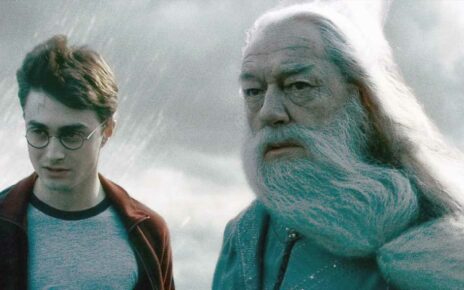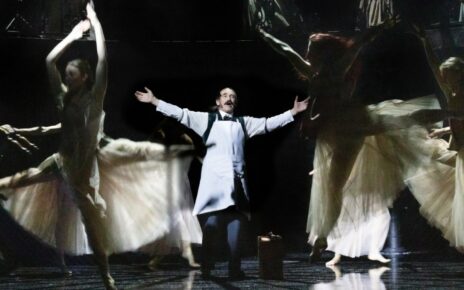Save articles for later
Add articles to your saved list and come back to them any time.
SuperBlue: The Iridescent Spree, Kurt Elling and Charlie Hunter
Wearing his virtuosity on his sleeve, the young Kurt Elling liked to prove what an innovative singer he was at almost every turn, using radical vocal textures and dramatic changes of pitch and dynamics when delivering a song, let alone when improvising. The mature Elling, by contrast, has the innovation sewn into the music’s lining, rather than it popping out like a loud pocket handkerchief. He’s more content to let the music happen, rather than feeling that he bears the responsibility for making it happen.
Part of the process of arriving at this less self-conscious way of using his voice appears to have involved relinquishing sole leadership of his bands in favour of a series of collaborations, including this one alongside guitarist Charlie Hunter – another who used to be intent on shaking things up in his own way with his hybrid guitar/bass guitar.
American jazz singer Kurt Elling.
Writing new material and covering that of others, together they have hit upon a slightly retro form of soul-jazz, ably assisted by DJ Harrison’s keyboards and Corey Fonville’s snappy drumming. Little Fairy Carpenter is among the strongest originals, Elling’s virtuosity completely deployed in the service of the song, so that every nuance of tone, texture and vibrato intensifies the lyric, as it drifts, cloudlike, over Hunter’s instantly attractive, breezy melody.
Bounce It certainly lives up to its title, and is superbly programmed to lead us into a biting rendition of Ornette Coleman’s Lonely Woman, which, now with words by Elling, is rechristened Only the Lonely Woman. Elling has taken what was always a desperately affecting melody and layered in a lyric of desolation, which he sings with something of the gritty wail of a saxophone, against the choppy funk of Fonville’s drums. Hunter and Harrison rightly let the voice take all the foreground, although the piece is so strong that an extended solo would not have been out of place. In fact, solos are in surprisingly short supply throughout the album, the average track length being a little under five minutes.
Kurt Elling and Charlie Hunter have teamed up for album SuperBlue: The Iridescent Spree.
Besides Lonely Woman, Elling’s covers range from jazz singer Bob Dorough’s Naughty Number Nine to Ron Sexsmith’s soulful Right About Now and Joni Mitchell’s Black Crow – the latter opening the album and setting its tone, as it juxtaposes dreaminess and jaggedness. The band saves dialling the funk up to 11 for the group-written Not Here/Not Now, one of three songs augmented by a punchy horn arrangement.
In my first interview with Elling in the 1990s, he told me of the industry showcase gig he did in New York upon his arrival there from his native Chicago, and how the club hosting the event was lit up by the eerie blue glow of the assembled critics’ laptops. No wonder he felt a need to prove himself. Now he’s just making groovy music, consistently flecked with his humour, intelligence, daring, musicality and, yes, heart.
To read more from Spectrum, visit our page here.
The Booklist is a weekly newsletter for book lovers from books editor Jason Steger. Get it delivered every Friday.
Most Viewed in Culture
Source: Read Full Article




